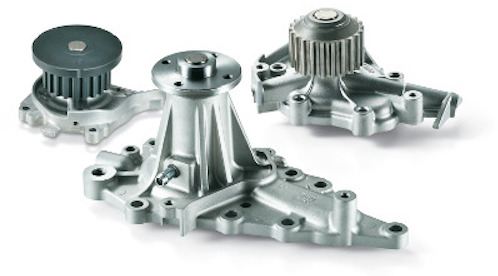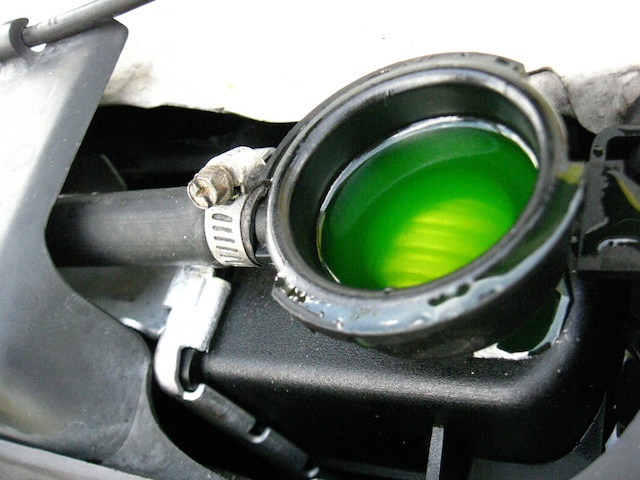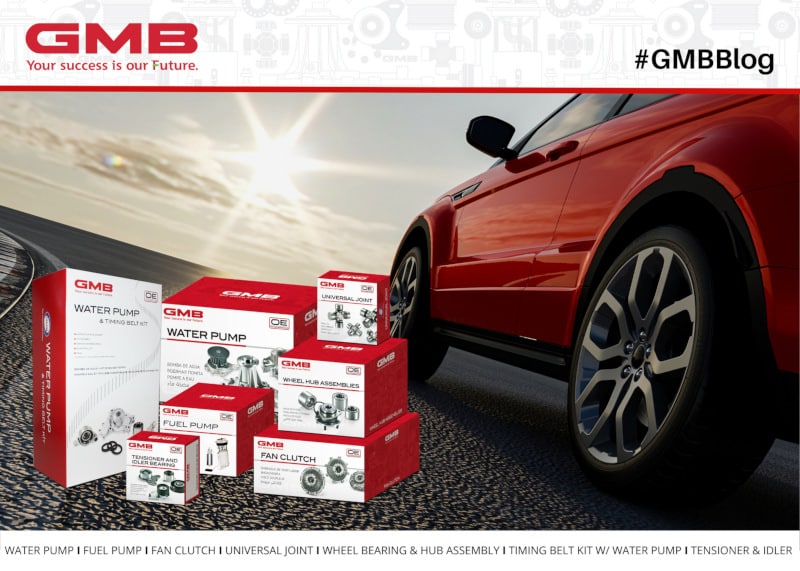Making The Case For Preventative Water Pump Replacement
This article was originally posted on AftermarketNews.com
If a water pump isn’t showing signs of a leak, corrosion, cracks, making noise, or exhibiting any other “red flags,” should it be replaced? Most people would say no – it only makes sense to replace a part after it breaks. But, in the case of water pumps, premature replacement can be pretty smart. Because removing and replacing a water pump is labor intensive – and because the cost of a quality replacement is surprisingly affordable – a case can be made for replacing a water pump before it breaks.

It’s All About Saving Money
The main – and best – reason for anyone to replace a water pump prematurely is financial:
- On many vehicles, removing and replacing a water pump is a half day of labor (perhaps more), resulting in a final repair bill that can top $1,000
- If the water pump is replaced during routine maintenance (e.g., replacing the water pump when the timing belt is changed), the labor cost is practically zero
- Replacement pumps are surprisingly affordable, with quality options available for the price of a set of spark plugs
Most importantly, if/when a water pump fails, the risk of engine, radiator, and/or fan damage is significant. A sudden, catastrophic water pump failure can lead to thousands of dollars in subsequent damage. While these types of failures are rare, they do happen.
Basically, if you can replace a water pump during the course of normal maintenance, it’s probably worth doing. A new water pump is a fraction of the cost of replacing a broken pump, especially if water pump failure leads to additional engine damage.
The Maintenance Factor

Water pumps work best when the vehicle owner follows recommended coolant replacement guidelines. But, if coolant isn’t replaced at the recommended interval, it can become very caustic. This will cause the cooling system to oxidize, resulting in premature failure of the water pump, impeller, shaft seal, and/or bearing.
If a car is used, and the current owner doesn’t know if the cooling system maintenance schedule was followed by the previous owner, a water pump replacement is prudent. Likewise, if a vehicle owner hasn’t observed the recommended maintenance schedule for their cooling system, water pump replacement should definitely be considered.
Fuel Savings and Noise Reduction
If a vehicle’s water pump is a few years old, odds are good the main water pump bearing has some wear. A worn bearing leads to an increase in friction, which results in a parasitic loss in engine efficiency. While the amount of the efficiency loss is small, it’s fair to say that replacing an older water pump can lead to a small increase in engine efficiency and fuel economy.
A new water pump can also reduce engine noise. Again, older pumps likely have a bearing with some wear and tear. This wear can cause the water pump to make a grinding or whining noise. While the noise isn’t usually loud by itself, it contributes to the noise that’s already under the hood. For car owners that appreciate a little peace and quiet, replacing an older water pump could be a nice improvement.
Summing Up
Preventative water pump replacement is prudent and logical, particularly when the replacement cost is relatively low. While replacing a part that isn’t broken might strike some as unnecessary, it’s important to compare it to the cost of replacing a failed water pump.
MORE CONTENT
Stay current!
Sign up here to get the latest news
and updates on all things GMB.
Sign Up To Receive GMB News & Updates!

